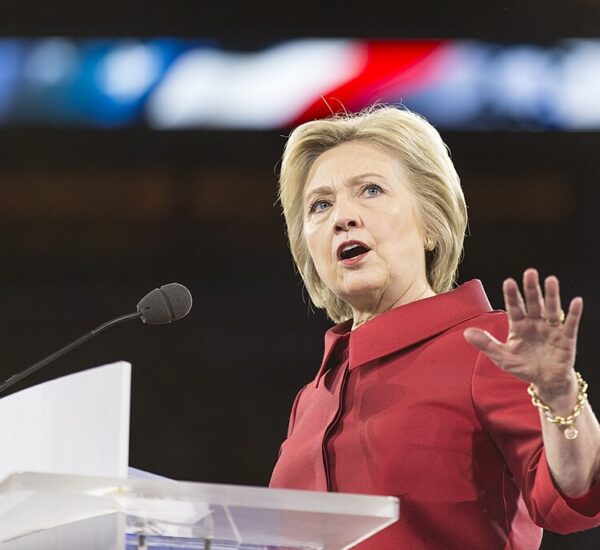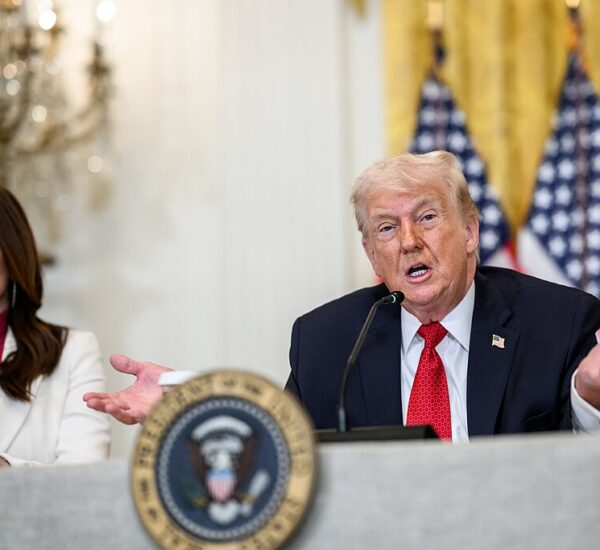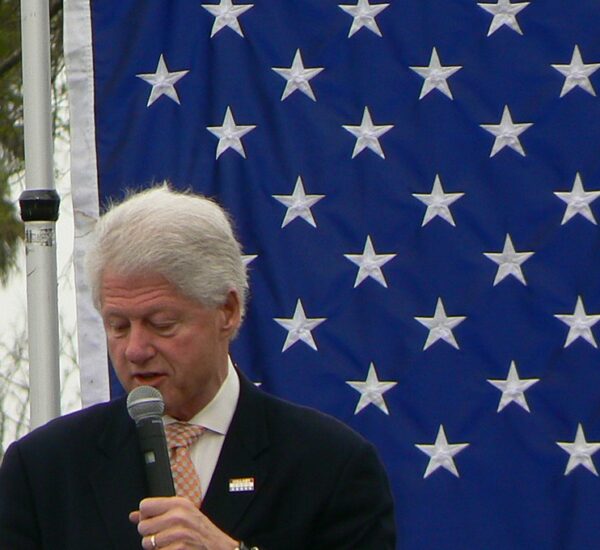Top Democrat Lectures Trump
House Minority Leader Hakeem Jeffries (D-N.Y.) recently argued that it is critical to restore the relationship between President Donald Trump and Ukrainian President Volodymyr Zelensky for the benefit of the “free world.” Jeffries emphasized that maintaining strong ties with Ukraine is essential to the U.S. continuing its leadership role globally. He pointed out that after World War II, America worked to establish a rules-based international order, aiming to ensure global peace, security, and to prevent the devastating conflicts that cost so many lives, including American lives.
Tensions between Trump and Zelensky surfaced during a meeting at the White House, which ended without any significant progress. The dispute began when Vice President Mike Pence, who was present at the time, stated that Trump was trying to mediate peace between Ukraine and Russia through diplomacy. However, Zelensky expressed doubt, citing previous instances where Russian President Vladimir Putin had reversed ceasefire agreements. This led to an argument, with Pence criticizing Zelensky for not appreciating America’s efforts and suggesting that he should be more thankful for the U.S. trying to help end the conflict.
Zelensky’s comments about the U.S. being geographically distant from the conflict provoked a strong reaction from Trump, who argued that Ukraine was not in a position to dictate terms and needed to cooperate more with American efforts. He expressed frustration that Zelensky’s approach could potentially escalate the situation and undermine global peace.
Following the meeting, Trump made it clear that Zelensky was not yet ready to engage in a peace agreement but would be welcomed back to discuss it once he was prepared. Zelensky, for his part, stated that he would not apologize for the confrontation and believed that neither side gained from the exchange.
Secretary of State Marco Rubio, also present at the meeting, suggested that Zelensky should apologize for his antagonistic behavior. He raised doubts about whether Zelensky genuinely sought a peace agreement, criticizing his actions for turning the situation into a “fiasco.” Rubio also pointed out that Zelensky’s behavior might suggest that he was not fully committed to peace, despite publicly stating otherwise.
This exchange underscores the importance of strong leadership and diplomacy, where mutual respect and a commitment to peace are essential in resolving conflicts that impact national security and global stability.





